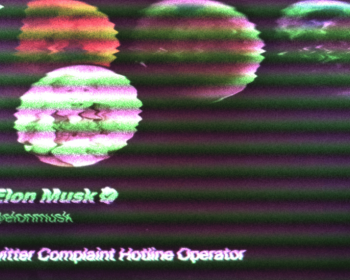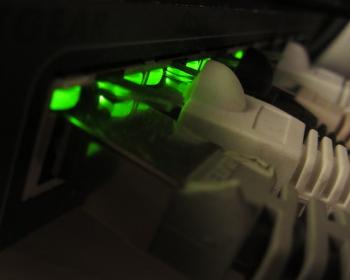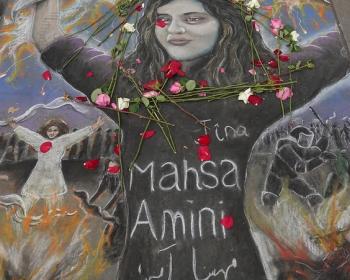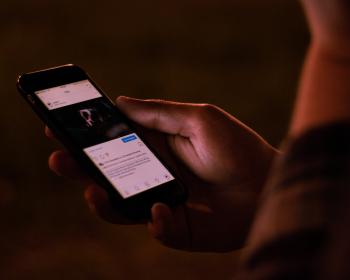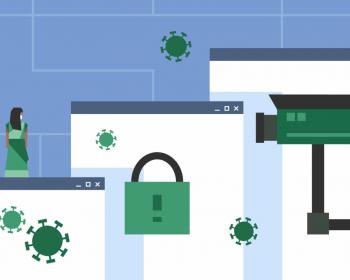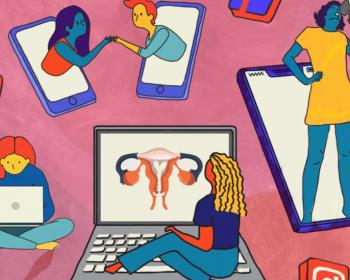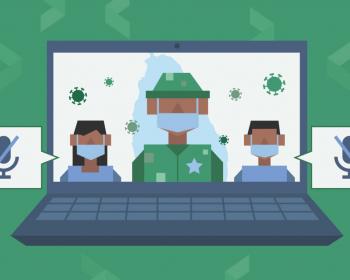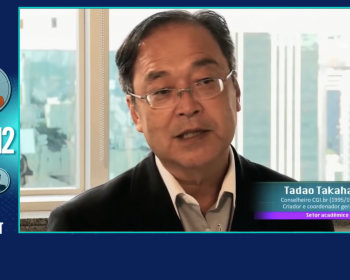Access to information
As rich white men like Elon Musk own and control online platforms, these spaces are becoming more and more unwelcoming for queer and marginalised people. As individuals who have made and found communities in these spaces, should we leave our place on platforms like Twitter?
There are several factors, some legal, some political and some economic, that continue to impact the exercise of rights online in Zimbabwe, particularly free expression, the right to privacy and access to information.
APC and the other signatories of this open letter urge the Department of Telecommunications to withdraw the Draft Indian Telecommunication Bill and to prepare a new rights-respecting version, in consultation with stakeholders.
In March 2021, shortly before the elections scheduled for August, then Zambian president Edgar Lungu quickly signed and enacted three internet-related laws, one of which has remained especially problematic into 2022: the Cyber Security and Cyber Crimes Act.
The Association for Progressive Communications is outraged by the death in custody of 22-year-old Mahsa Amini in Iran as well as deeply alarmed by the ensuing violent crackdown on protests, violations of women’s rights, and widespread internet shutdowns across the country.
Recent instances of the use of state surveillance apparatus for repressive purposes and prosecutions, compounded by a lack of data and online privacy protections and low internet penetration and usage, have heightened fears that the country is regressing in terms of safeguarding online rights.
The push for digitisation during the pandemic – whether for health management or to keep daily activities going amid lockdowns – deepened the digital divide in India, since escalated digital adoption without adequate policy protections can exclude the already marginalised even more.
In light of the illegal status of safe abortion, abortion seekers turn to the internet to access credible related information. Shruti Arora discusses how women in India and Poland challenge the abortion ban, and how online resources help them seek authentic information for safe abortion.
The Sri Lankan government has capitalised on the COVID-19 pandemic to further its authoritarian agenda, using digital technologies to reinforce a climate of fear and censorship.
This article by APC founder Carlos Afonso, now the director of Brazilian APC member Nupef, is both a tribute to recently deceased Brazilian internet pioneer Tadao Takahashi and a fascinating glimpse into some key chapters in the early history (and prehistory) of APC.

Association for Progressive Communications (APC) 2022
Unless otherwise stated, content on the APC website is licensed under Creative Commons Attribution 4.0 International (CC BY 4.0)



